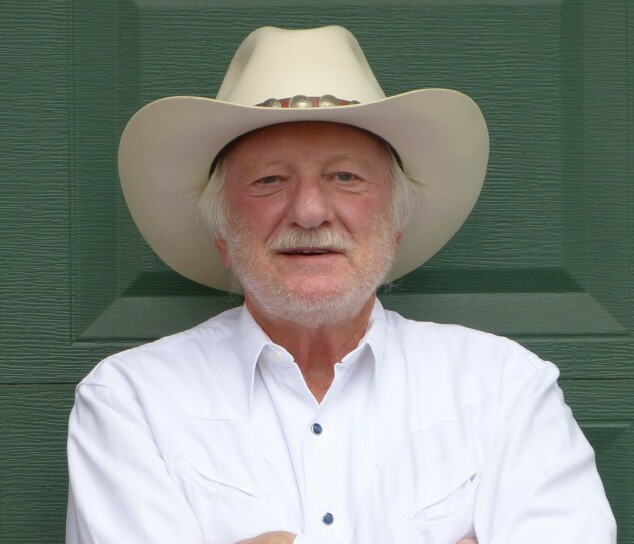Comcast, Disney, Verizon: You’re Not So Big!

Comcast ain’t so big after all. Neither is Time Warner Cable. Or, for that matter, neither is Time Warner, or NBC, or CBS or even Murdoch et al.
Today it seems, to be big you’ve got to be really big like, for example, Google. Or growing fast, like Netflix: The streaming (and still mailing) company reported last quarter 62,300,000+ subscribers around the world with almost 41 million in the US. Its stock and subscriber additions are both on a tear.
But let’s step back a tiny bit …
Consider the recent market capitalizations of the truly big companies that are impacted by Net Neutrality:
ISPs (in billions)
AT&T $186
Charter $19
Cablevision $7
Comcast $157
TWC $51
Verizon $192
Total: $612 billion
Silicon Valley Denizens (in billions)
Amazon $204
Apple $728
e-Bay $75
Facebook $245
Google $366
Netflix $40
Total: $1,658 billion
Programmers (in billions)
21st Century Fox $41
CBS $27
Discovery $14
Disney $195
Time Warner $80
Viacom $26
Total: $383 billion
Now, I know this isn’t comparing apples to apples (or even oranges) but consider this, the Federal Confusion Commission blocked the two “big” cable ISPs from merging because they’d be too “big” controlling too many connection points of the broadband that all those big guys ride along.
Everyone in Washington, DC, watches Amazon’s “Alpha House” and Netflix’ “House of Cards” … and complained about buffering until Netflix ponied up for a direct connection to Comcast’s network. Do you think that might have changed some perceptions? Financial journalist Michael Lewis thinks so, too.
Nothing is that simple, of course. But it might help explain why some things can impact how someone reaches conclusions … did Comcast win a battle just to lose a war?
We’ve seen the FCC and the DoJ decide that sort of big is too big while making life (and profits) easier for the “poor little guys in Silicon Valley.” What we don’t know is what kind of conditions the government will attach to the impending acquisition of DirecTV ($48B market cap) by AT&T.
In Other Items of Interest:
Somebody in Northern California doesn’t like broadband. Over a dozen instances of severed fiber optic cables have been reported including last week’s cuts involving Wave Broadband customers in West Sacramento, Rocklin and Dixon. The Bay Area suffered smaller outages and instances of vandalism. The cut cables belong to Layer 3 and Zayo, backbone providers and distributors of some of the programming carried by Wave and other cable operators. The latest outages also involved VoIP telephone service. Wave, though, using its own technology re-established 911 service ASAP.
It sure would be hard to guard all the fiber optics in the US from vandalism. The FBI is investigating.
Compression made Dr. John Malone’s 1992 prediction of a future with 500 channels possible … to the chagrin of every cable subscriber paying for the bundle today. Malone didn’t predict the 11 billion channels on YouTube or the growth of over-the-top Netflix wannabes. But this news of a more and better sort of compression will cheer anyone now or in the future dreaming of their new MVPD designation because there just might be plenty of bandwidth for everyone and another twelve YouTubes. Some electrical engineers at the University of California – San Diego have dreamed up a proposal to extend the range of data transmission via fiber thus requiring fewer data amplifiers and regenerators. It works in the lab; next step is real world testing.
Worth reading, if for no other reason than author Michael Wolff is a master of snark, is his book How Television Won the Internet. Underneath his point is a bit of redefinition work. Worth reading as the media landscape keeps shifting.
So Sinclair Broadcasting and Michael Eisner’s Tornante Company are going to revolutionize local broadcasting. Hope they both find the time to sit down with IAC’s Barry Diller so they can learn what to do as well as not to do.
The opinions and points of view expressed in this commentary are exclusively the views of the author and do not necessarily represent the views of MediaVillage management or associated bloggers.


